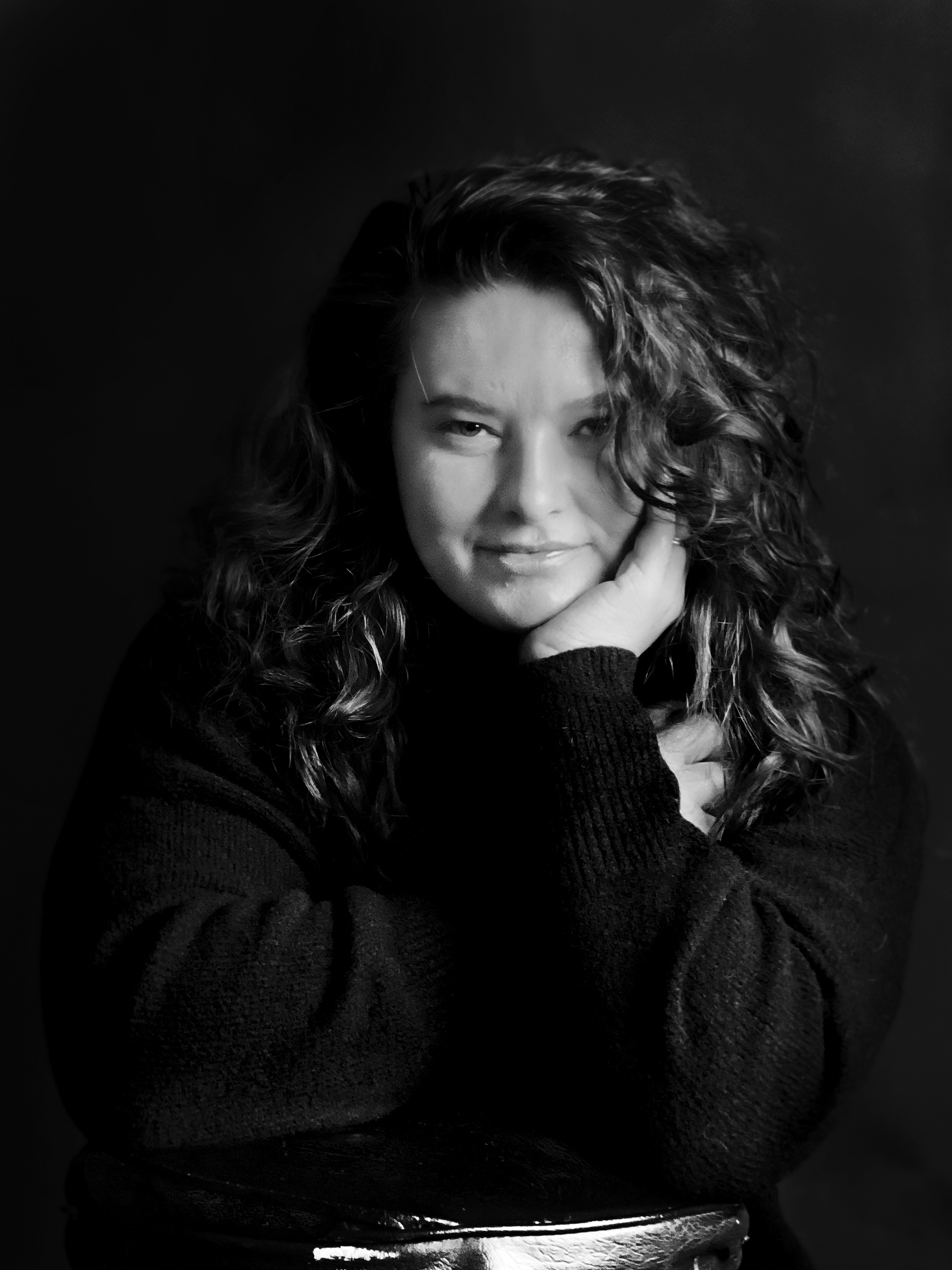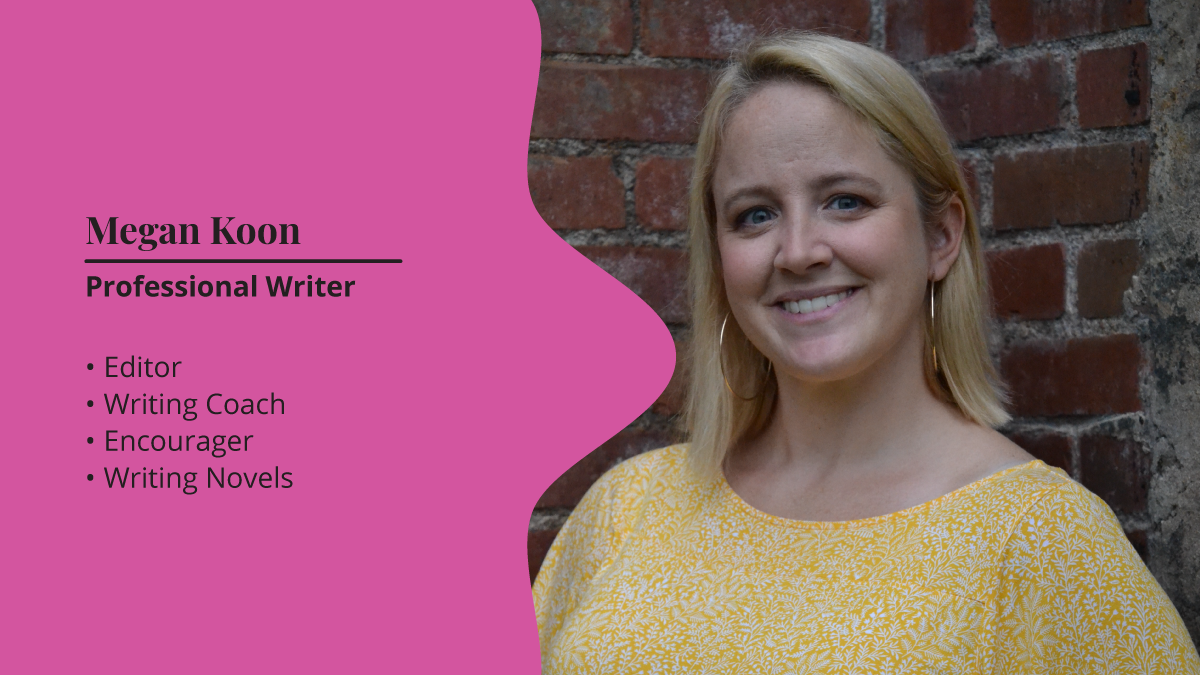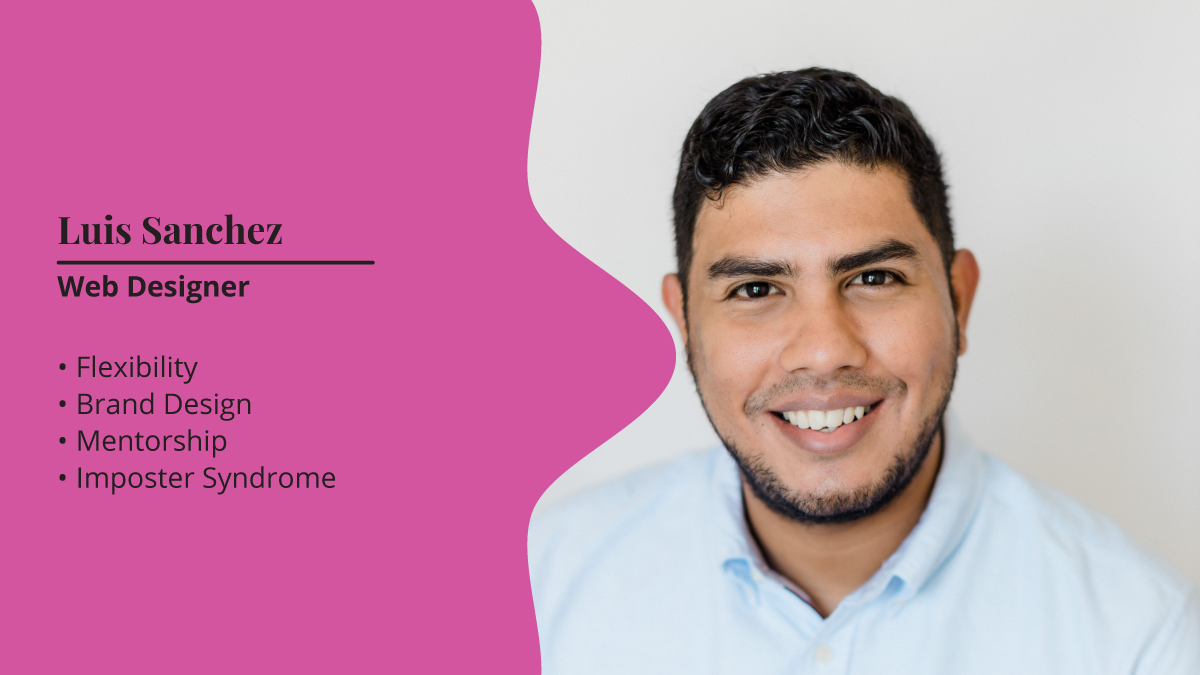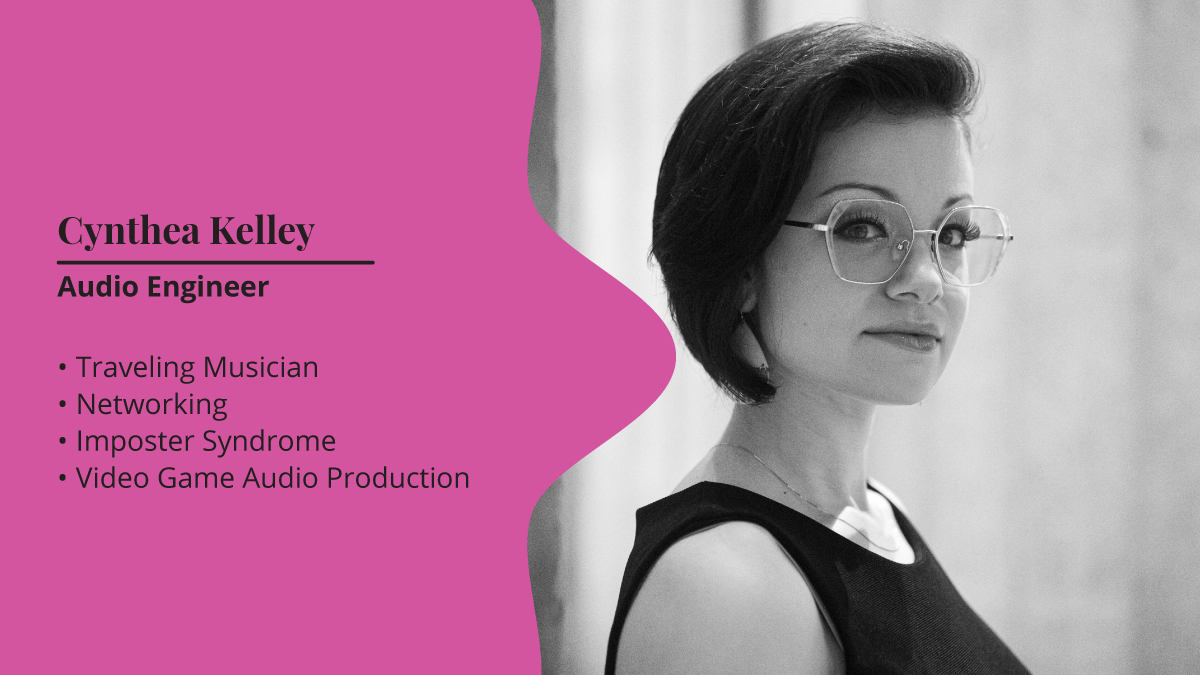“The more you push yourself out of your comfort zone and out of the box you’re used to, the more confident you get.”
Tori Hord is an Associate Professor of Graphic Design at Methodist University in Fayetteville, N.C. She grew up in Loris, S.C., and earned her bachelors in graphic design at Coastal Carolina University. She continued her graphic design with a Master of Graphic Design M.G.D. at North Carolina State University.
Interview
Transcript
Tori Hord
My name is Tori Hord. I am from Loris, South Carolina, so very close to Coastal [Carolina University], like 30-ish minutes. And I currently teach graphic design at Methodist University in Fayetteville, North Carolina.
Emma Plutnicki
So how long have you been working there?
Tori Hord
Seven years.
Emma Plutnicki
Wow. Amazing. And your official job title, would that just be graphic design teacher?
Tori Hord
Associate Professor of Graphic Design.
Emma Plutnicki
Amazing. So how did you get into that? How did you find that job? And how did you just end up in that field overall?
Tori Hord
That’s an interesting, so I started when I started Coastal. I went to undergrad there, I started as a biology major. About a semester or two semesters in, I decided to switch my major to graphic design without telling any of my family and made them all have a small heart attack when they found out.
Emma Plutnicki
Oh my gosh.
Tori Hord
But it’s always something that I’ve loved. So it was a really good change for me. And from there, I just, I was just very passionate about it. And when I graduated, I got a job in the field. And I worked there for a couple years and then decided that I wanted to pursue my masters in graphic design. So I went and got a masters in graphic design from NC State. And then when I graduated from NC State, there were, y’know, lots of applying to jobs, and I landed here in Fayetteville at Methodist University.
Emma Plutnicki
Amazing. So what made you switch from biology to graphic arts? Was it more hating biology? Or was it more a passion for graphic arts?
Tori Hord
It was more passion for sure. Always loved it growing up, but just never considered or thought of it as a turning something I loved into the career. And once I figured out that I could do that, I was like, “Absolutely. Let’s do this.”
Emma Plutnicki
Yeah. More fun, probably. So can you walk us through a typical work day? Like, what’s expected of you, what your work process looks like, what kind of things you work on?
Tori Hord
Yes, absolutely. So for me, I think being, teaching design and being a professor, you kind of get the best of both worlds. So my initial attraction to teaching it, you know, other than just loving the subject and wanting to share more was that it has a great schedule. You have time for, you know, it’s a great work life balance for the most part. And that also gives you lots of time to continue to work in the field, which I was adamant about not stopping, I didn’t want to stop my design career to teach, I wanted something that would allow me to do both. And that’s what the shop does, which I love it, you get a great schedule, you get a, you know, it’s a steady, it’s not like you’re freelancing all the time, it’s a steady income. Day to day, it depends on what classes I have offered, but I teach anywhere from two to three, like studio length classes a day. So I’m in the art building, in the studio, working with students. And then when I’m not teaching I’m in my office, you know, doing housekeeping things and preparing and also working on my own work.
Tori Hord
Amazing. So the classes that you teach, are those different levels of graphic designer, or do they have specialties within them?
Tori Hord
Yes, I teach at all levels. So I teach the freshmen their first semester, on up to the seniors in their last semester. And everything in between. So I see a little bit of all of them all the time.
Emma Plutnicki
Yeah, that’s great. So can you describe a defining moment in your, like, creative journey so far? So maybe it’s a specific project that really showcased your creativity or had a significant impact on you?
Tori Hord
The one, this is ironic, but the one that really comes to mind as being most memorable for me was actually at Coastal at the Athenaeum Press.
Emma Plutnicki
Oh, really?
Tori Hord
Yes, we worked on the Gullah Geechee project. And there was, we traveled out to these different places and took photographs and did interviews and then the project itself won an Addy Award at the end. So it was kind of like a, a quintessential moment for me. I was like, “this is actually going to work. This is neat. We’re getting recognition for work that me and my friends have, you know, kind of poured our hearts into.” So that was a big moment for me.
Emma Plutnicki
Yeah, I’ve seen that work. It was great. So I’m sure that was a really fun time to work on. So do you think this career path is challenging? What challenges have you faced and how have you been able to kind of overcome those challenges? Because being in a creative career as a whole is pretty challenging, but how have you kind of worked through this?
Tori Hord
It is, I would say it was challenging. And it’s um, it’s like with anything you do, the more you do it, the more you push yourself out of your comfort zone and out of the box that you’re used to, the more confident you get in it. I do remember my first year teaching anything, I was terrified, right? I’m standing up in front of this group of people. And you’re suddenly faced with like, “I know nothing,” right? “I am not qualified to do this, I should not be here. Why did these people give me a job.” But the more you do it, you realize, “okay, I’m equipped, I have the knowledge, I’ve done the education, I have a passion for it.” So for me, it really was just making sure I was getting out of my comfort zone, and putting in the effort… and it was fantastic. But the more I was in those classrooms with the students and got to know them, and saw their excitement for it, everything just came together.
Emma Plutnicki
Yeah, that’s amazing. So within your specific field, can you think of any skills that you possess that helped you land that role, or any skills that you think an applicant should have to increase their chances of getting that role? I know, like you’re in teaching, so is there any like connection with teaching that you had to help you or was your skill in graphic design, like the driving force to lead you to teaching, or just in general, like any skills that helped you?
Tori Hord
Obviously, to be able to teach art or graphic design or anything, you have to have a certain level of knowledge, but especially for art design, you also have to have a certain level of skill, right, you have to be able to get to that point. So a portfolio is still a big part of this job, even though it’s not a, the focus is not necessarily all design, you know, work all the time, you still have to have a great portfolio, you still have to make sure that you’re paying attention to the detail, because it matters when getting these roles. And I think the other part of it is, is communication, being able to talk about what you want from that job, but also be able to talk about your work in ways that ties it in to people that might not necessarily be in your field. Which is a great skill for designers have anyway, because there’s lots of contact with people outside of the art world. So being able to communicate those ideas and your thoughts and passions to those people is really important, too.
Emma Plutnicki
Yeah. It’s a very important skill. And so, you studied in South Carolina, and now working in North Carolina. Are there any like organizations or programs or events that you recommend for people who are trying to get into that field? Is there any like conferences you went to that helped you network to figure out, like, gain more connections within the creative world or anything like that in the area?
Tori Hord
Yeah, I’m a big supporter of AIGA [the Professional Association for Design] I’ve been a member of AIGA since I was an undergrad, and continued that. But more so than that, I found a lot of helpful was these kind of like open houses for different schools. So when I was pursuing my master’s or thinking about going to get my graduate degree, I looked into these different kind of open houses, kind of meet and greets. And I met a lot of really great people and lots of great networking opportunities just from doing that. And that had no ties to it. You didn’t have to, no commitments, you’re just kind of going and exploring and learning about what your options are.
Emma Plutnicki
That makes sense. So AIGA, you said?
Tori Hord
Yes.
Emma Plutnicki
What does that stand for, do you know?
Tori Hord
American Institute of Graphic Arts.
Emma Plutnicki
Okay, awesome. I’m sure a lot of people know that. I didn’t know. That’s amazing.
Tori Hord
The chapter here is in Raleigh, the closest one. But a lot of universities have like local student chapters. I know Coastal used to have one, whenever I was there. And we have one here. It’s just a great opportunity for professionals and students to kind of connect.
Emma Plutnicki
Yeah, that’s amazing. So great. Thanks for saying all this. This is such an interesting field. I’m sure you have fun with it every day. But just as we wrap up, do you have any advice for current college students or just people who are looking to get into these fields in creative professions?
Tori Hord
Follow what you’re passionate in. That was a big thing for me. So I went along with, like I said, the biology doing what I thought I was supposed to do, and what, you know, everyone was like, “Oh, you’d be great, at you know, XYZ, you’d be a great doctor, you’d be great at this.” And in the back of my mind, there was always something like, “Maybe but I don’t know that I want it.” And just listening to that little voice, and you know, going after what you do want, regardless of what other people might think which, I mean is, you know, life anyway right?
Emma Plutnicki
Yeah. No, that’s great advice. I definitely need to listen to that too.



